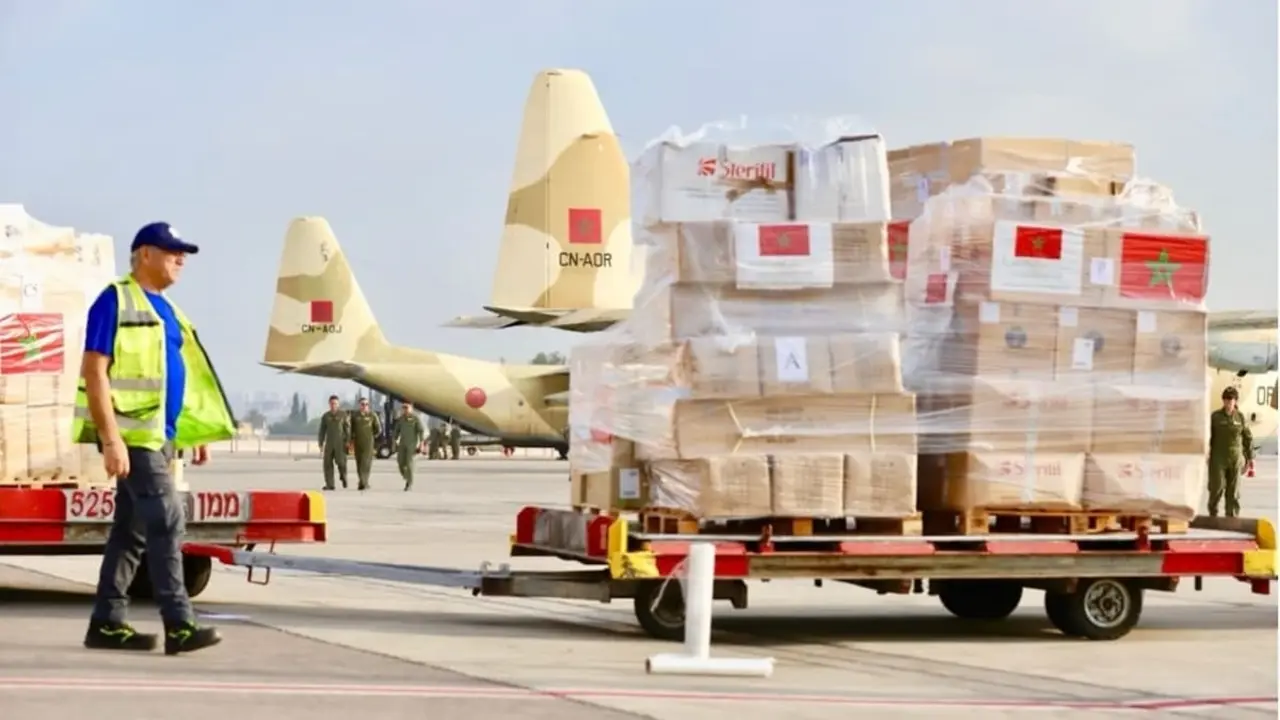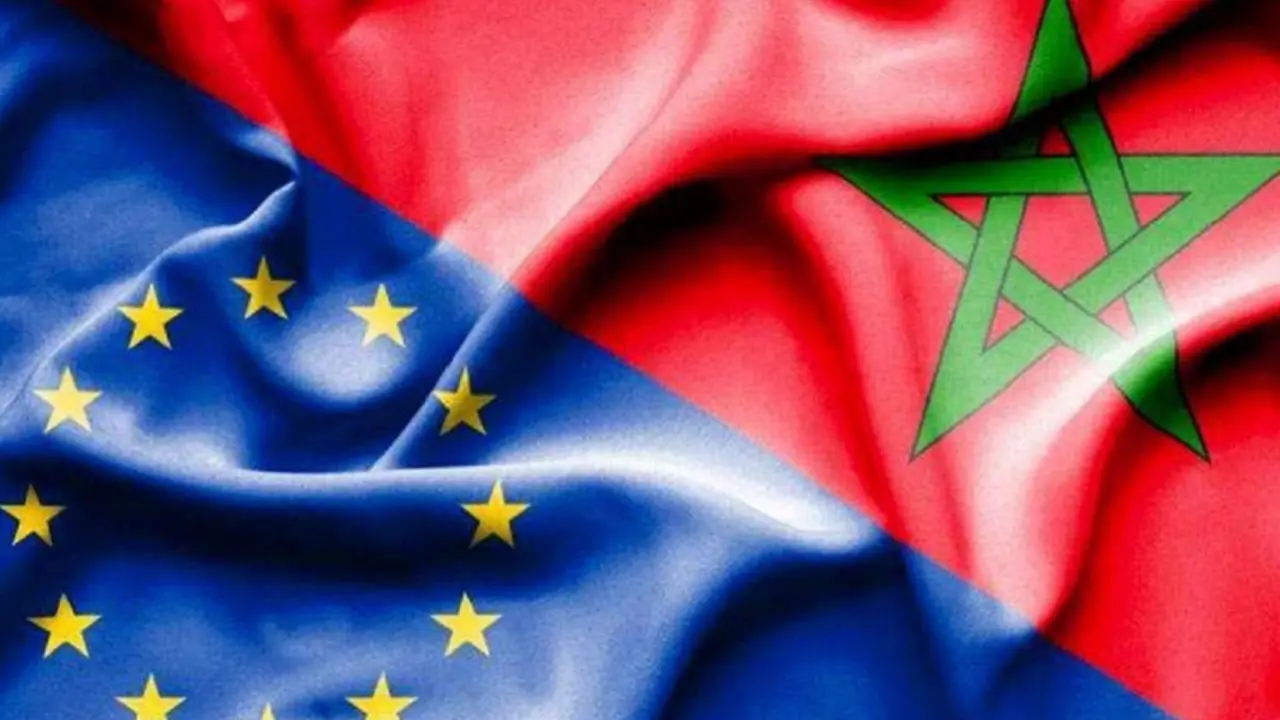26 Turks cross illegally into Greece to seek political asylum

A group of 26 Turkish citizens have illegally arrived on the Greek island of Chios to seek political asylum, at a time when Greek-Turkish relations are particularly strained by disputes over their respective territorial waters in the eastern Mediterranean.
According to local media, these 26 people, including several minors, claimed upon arrival in Chios to be "persecuted by the regime of the Turkish President, Recep Tayyip Erdogan".
At its closest point to Turkey, Chios is only about seven kilometres from the coast of the neighbouring country. To manage to cross that distance without being discovered, the 26 asylum seekers used small fishing boats, on which they raised Greek flags.
Thanks to this, they managed to get close to the fishing village of Agia Ermioni, where they were located by boats of the Port Authority of Chios.
Two of them used a drill to pierce the boat and cause it to sink in order to be rescued, which resulted in their arrest shortly afterwards. These two people were transferred to the detention centre of the Port Authority of the island while the other 24 were taken to a nearby centre where they will remain in quarantine to avoid possible infections of coronavirus. Furthermore, all of them were fined 5.000 euros and denounced for illegal entry in the country.
Although in the last half year the arrivals of migrants and refugees have been considerably reduced, at the beginning of the month another group of 23 Turks arrived, also applying for asylum on the island of Chios.
In recent months, tension between Greece and Turkey has been increasing, first with the opening of Turkish borders that led thousands of migrants to try to cross illegally into Greece at the end of February, and then this summer with Turkey's decision to explore for oil in an area that Greece considers its jurisdiction.
This Friday, the European Union's foreign ministers decided to extend the list of individuals (private, not civil servants) sanctioned for their involvement in illegal Turkish prospecting in the eastern Mediterranean, a measure that could be approved in September, and which in Turkey has raised blisters.








